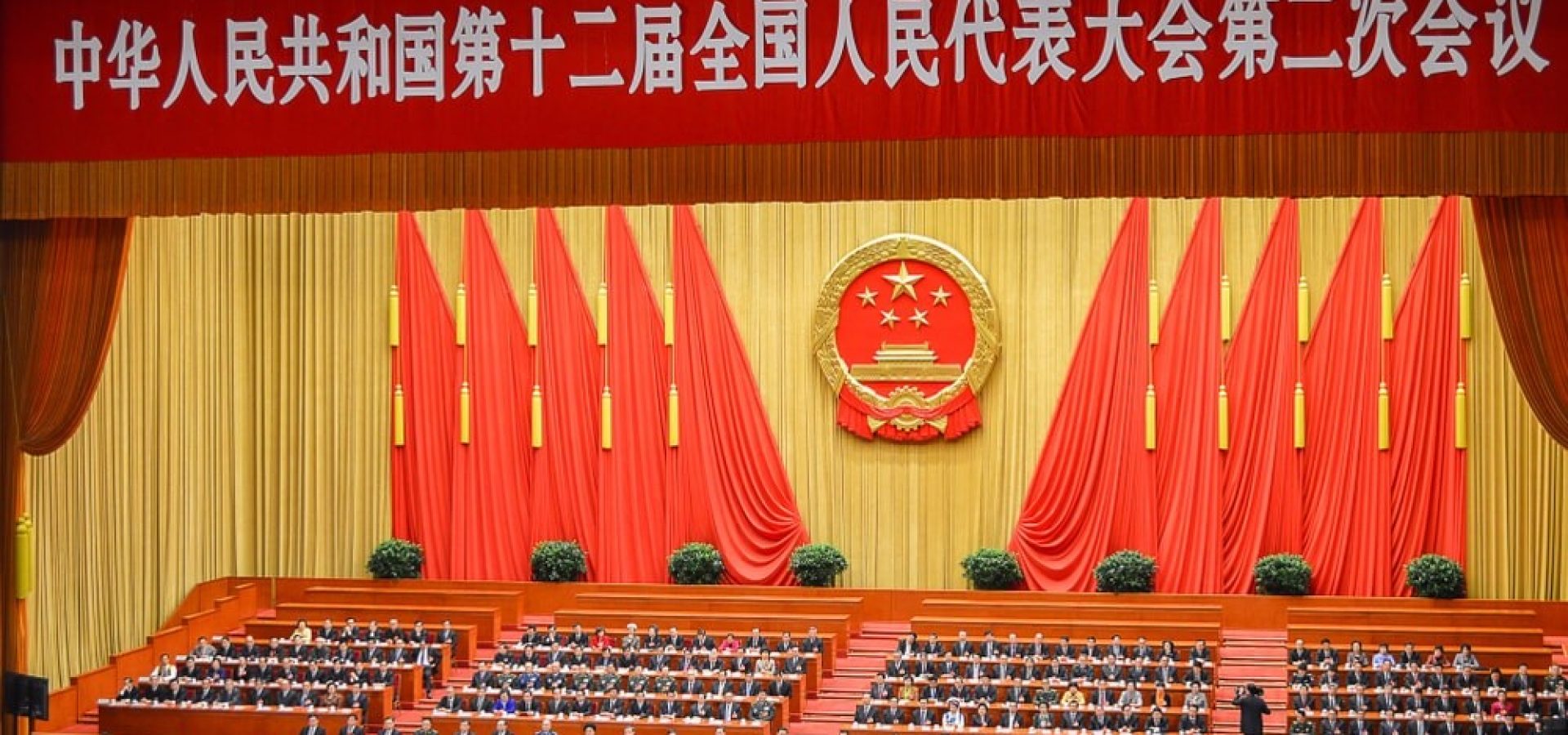Economic activity is a topic of paramount importance, especially in today’s interconnected world. Recent developments in China’s economic indicators have sparked concerns among economists worldwide. The world’s second-largest economy has encountered a sluggish growth rate in the second quarter of this year, following a challenging three-year period marked by stringent COVID restrictions. This article delves into the complexities of China’s economic activity and its potential repercussions on the global stage.
China’s Economic Challenges
China’s economic health has been under the microscope, primarily due to the extended COVID restrictions it imposed. While necessary for public health, these measures have impacted the country’s economic sustainability. The resultant slower-than-expected recovery has raised concerns about the resilience of China’s planned economy.
Moreover, the recent surge in regulatory measures targeting the private sector has added a layer of complexity to the economic plan. While these regulations are intended to address various concerns, they also introduce uncertainties for businesses operating in China. The declining property market contributes to the economic puzzle, with potential repercussions for the linear economy model.
China’s Economic Plan: Global Implications
China’s economic slowdown does not remain confined within its borders. Economists worldwide are vigilant about these developments, as they could have significant implications for the global economy and investment markets. These potential influences’ exact nature and magnitude are yet to be fully understood.
In particular, the United States closely monitors how changes in China’s economic landscape might affect its investment markets. The interconnectedness of the global economy means that a ripple in China’s economic waters can lead to waves elsewhere. Investors, policymakers, and financial experts are strategising to adapt to this evolving scenario, recognising that the dynamics of economic activity have evolved in a globalised world.
In conclusion, as China grapples with its current economic challenges, the implications reach far beyond its borders. Economic sustainability is a key concern, especially in a world that increasingly values interconnectedness and resilience. The world anxiously observes China’s economic developments as everyone seeks to comprehend and adjust to the evolving global economic environment. The lessons learned from China’s experience will undoubtedly shape how we navigate the uncertain waters of economic activity in the future.











COMMENTS